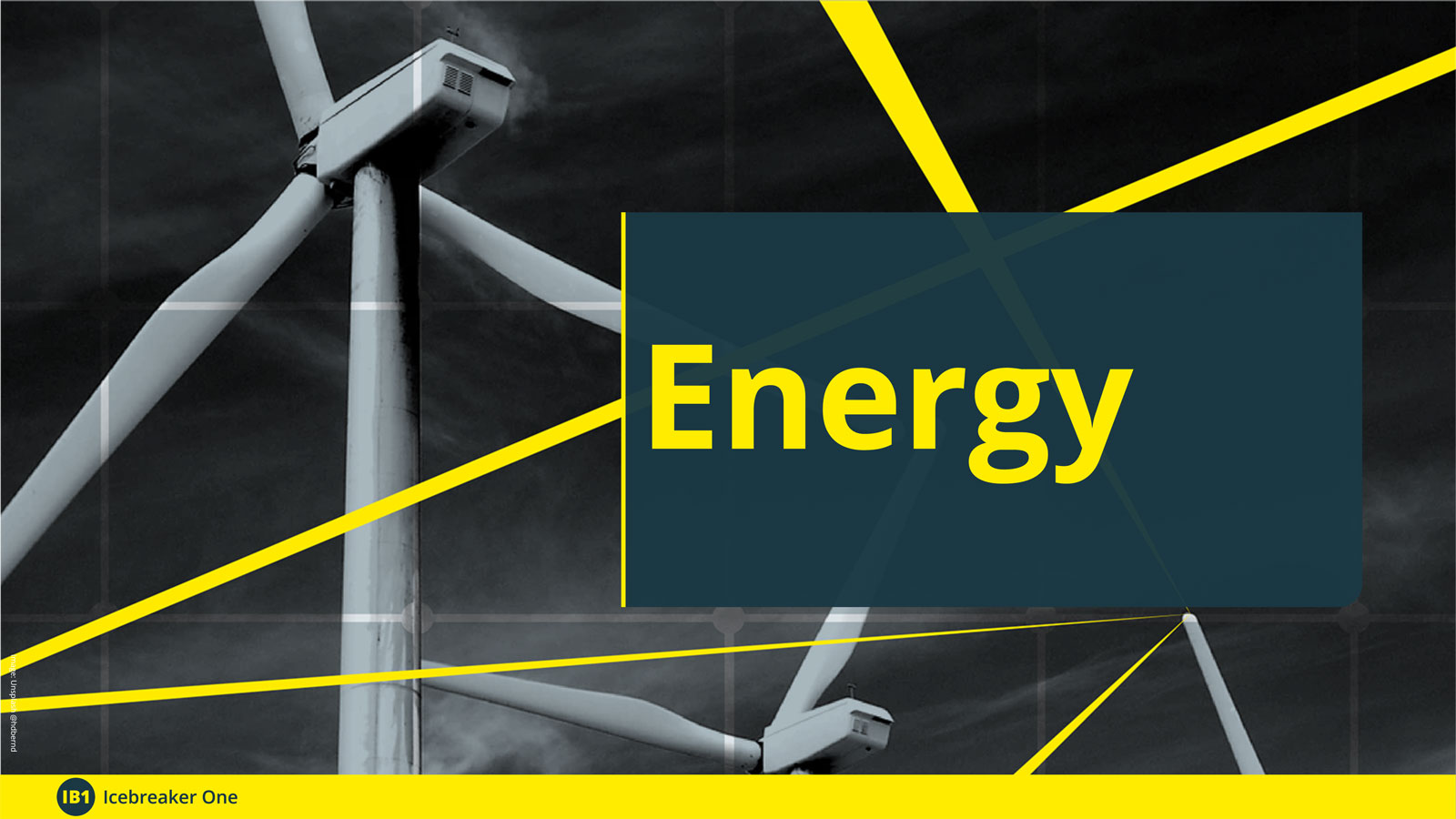Open Energy was catalysed by the UK’s Modernising Energy Data Access programme https://gov.uk/government/groups/modernising-energy-data. Our submissions to this programme are below.
These programmes are now complete and work is continuing as described from the home page.
Phase 3 — Completed (2021-July)
MEDA report https://energy.icebreakerone.org/report-meda-3/
Planning update webinar, 16 Feb 2021. Subsequent updates from here on are covered on the rest of this website.
Phase 2 — Full project overview and recap on research
Phase Two Prototypes
- Search prototype: https://energy.icebreakerone.org/search-prototype/
- Directory prototype: https://energy.icebreakerone.org/directory-prototype/
- Knowledge graph prototype: https://energy.icebreakerone.org/knowledge-graph/
Rerun recording of our MEDA Phase 2 final presentation to the UKRI independent review panel:
Summary slides below.
You can download our Phase 2 report here and slides master here.
Phase 1
Above is our MEDA Phase One slide summary [PDF]
Our work on Open Energy is the second phase of the three-phase Modernising Energy Data Access (MEDA) competition run by SBRI, part of Innovate UK. This competition is part of the overarching Modernising Energy Data work being carried by the Department for Business, Energy and Industrial Strategy (BEIS) and the Office of Gas and Electricity Markets (Ofgem).
MEDA aims to solve the fundamental problem of exchanging digital energy information between energy organisations and with other stakeholders by supporting the development of products or services which can later be commercialised and employed to solve similar problems elsewhere.
Our Phase 1 report and Appendix.
You can also view a recorded summary of our work (and of the other two MEDA participants, Siemens and Electron) from a session with SBRI. The access code is 3V&r@Wf2 — and we start at 1h05m30s.
During Phase 1 (May – July 2020) we engaged with over 200 stakeholders from the energy sector, through interviews, and carried out six webinars to hear from the wider sector. All those we heard from articulated a need for an open standards-based approach to facilitate the sharing of data within the energy sector.
Our research additionally confirmed:
- User needs are diverse, encompassing thousands of organisations, customers and society as a whole.
- There is no ‘single data platform’ approach that will (or should) address all needs.
- There is a material risk to implementation unless governance is addressed.
Interviewees expressed the need for a clear roadmap to transition from a fragmented data landscape to a robust, decentralised, federated data infrastructure. They believed that “there can be no single platform for all data and use-cases” and “there will be significant barriers to adoption around the centralisation of commercial data”.
The critical innovation required is an Open Energy Governance Platform (OEGP) enabling a decentralised approach in which data and metadata is distributed, always up-to-date, and managed real time on data custodians’ servers. Data will be searchable, accessible and available to agreed standards.
This is the work we are doing during Phase 2. We are carrying out a strong programme of stakeholder engagement across the energy sector to help us build consensus and:
- Shape the technical and operational aspects of an Open Energy Governance Platform to enable better data sharing;
- Develop a prototype Open Energy Governance Platform and search function;
- Develop a minimum viable proposition Open Energy standard.

